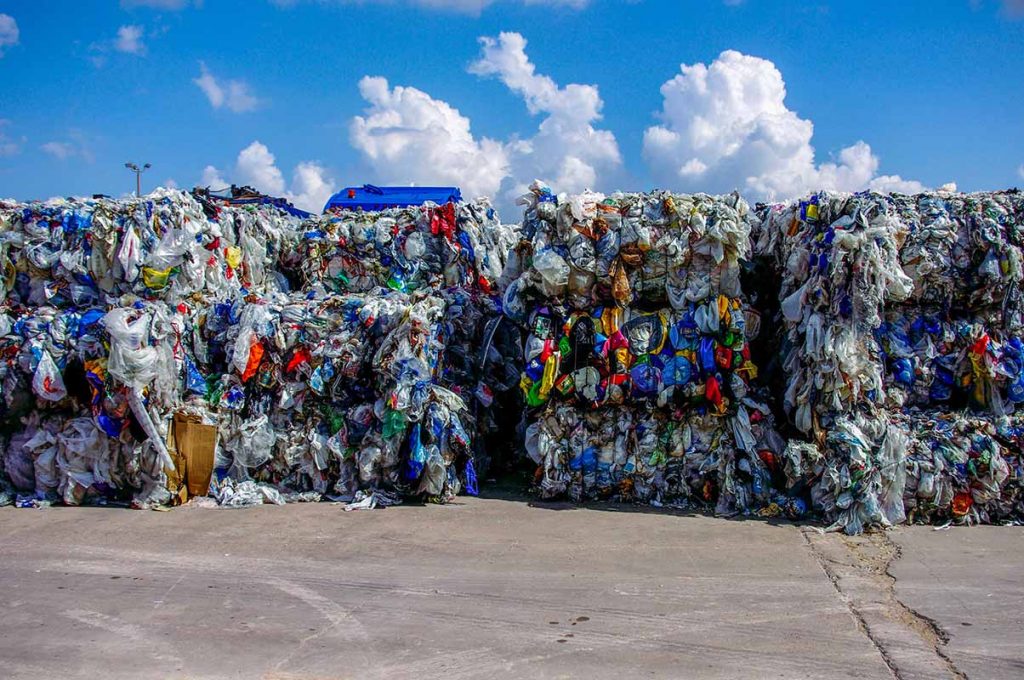
On March 12, the Colorado Department of Public Health & Environment recommended a medium-level recycling scenario to the Joint Budget Committee. | RozenskiP/Shutterstock
Colorado state regulators suggested choosing a mid-level recycling scenario for its extended producer responsibility program for packaging, but a final decision is yet to come.
On March 12, the Colorado Department of Public Health & Environment presented the draft needs assessment to the Joint Budget Committee and recommended the medium-level recycling scenario laid out in the updated draft needs assessment, as it provided very similar recycling rate increases to the high scenario with less long-term cost.
Under the updated draft needs assessment, that scenario would provide a recycling rate between 38% and 44% in 2030 and 52% and 58% in 2035. It would include making new collection service biweekly and keeping current service collection frequency the same; making moderate changes to collection routes for efficiency; planning to collect material on the additional list by 2035; collecting glass curbside for both new and existing service; and adding MRF capacity based on new volume, greater investment in infrastructure such as drop-off sites, and making advanced technology upgrades.
The medium scenario would cost between $160 million and $260 million by 2030 and $190 million to $310 million by 2035.
If the Joint Budget Committee approves the recommended scenario, the producer responsibility advisory board and producer responsibility organization, Circular Action Alliance, will begin planning the statewide recycling system. That plan is due to the department by Feb. 1, 2025, for implementation beginning in January 2026.
However, the Joint Budget Committee ran out of time for its members to ask questions, so no vote was taken. Instead, committee members will send the CDPHE questions in writing to be answered, then will vote at another hearing. The date of that next vote has not been set.
Some organizations and citizens raised concerns about the cost of the program, which was revised upward between drafts of the needs assessment.
At the March 12 meeting, Wolf Cray, CDPHE materials management unit leader, noted that the changes were in response to public comments calling for more services and that the department is required by law to study if the program raises cost to consumers in the future, as data becomes available.